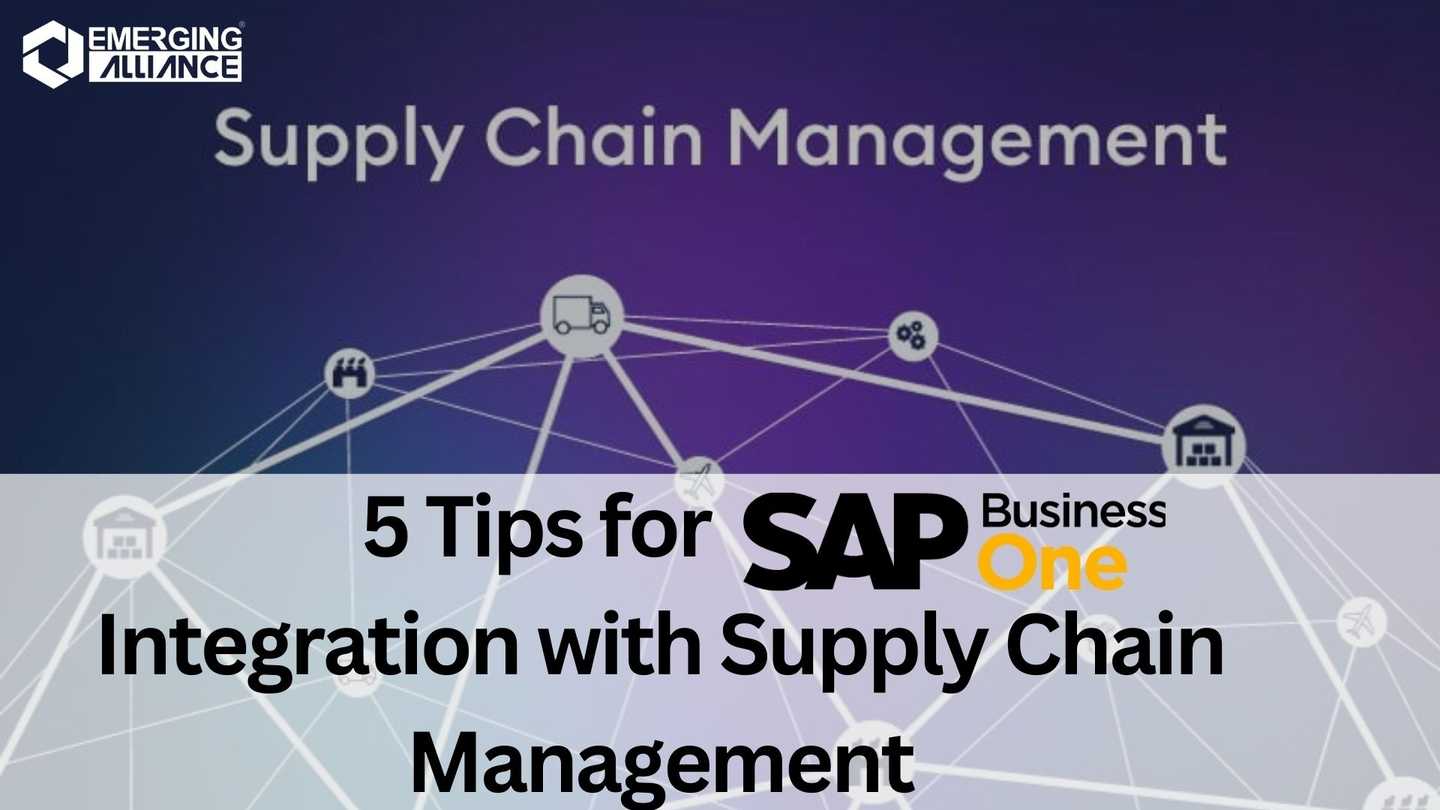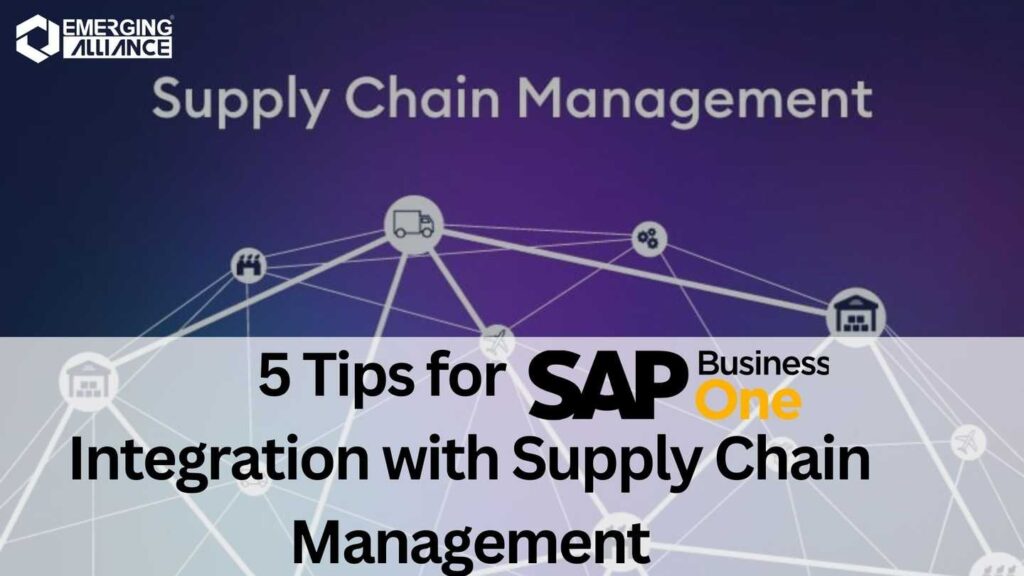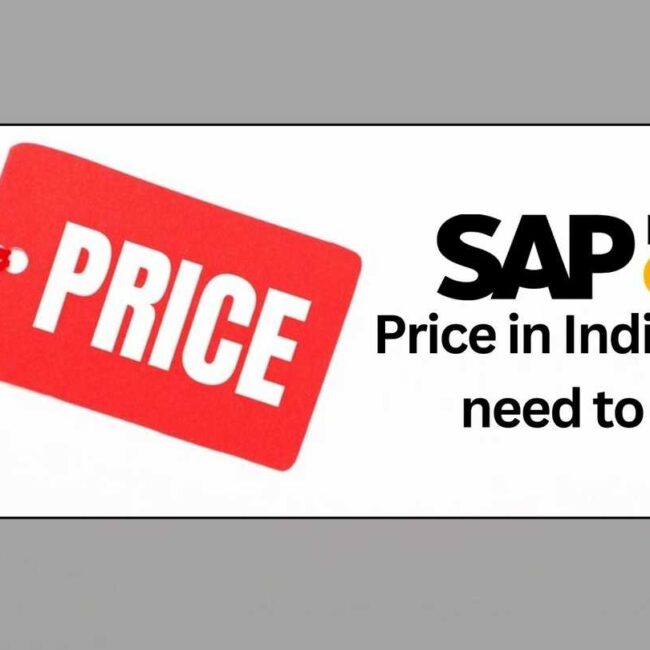
5 Tips for SAP B1 Integration with Supply Chain Management

Enhance Supply Chain Efficiency with SAP1 ERP
In the fast-paced world of business, seamless integration of enterprise resource planning (ERP) systems is crucial for optimizing operations. For businesses leveraging SAP B1 (SAP Business One), the integration with supply chain management holds immense potential for enhanced efficiency and productivity. In this blog post, we’ll explore five valuable tips to ensure a successful integration of SAP B1 with supply chain management, promoting a streamlined and robust ERP environment.
SAP B1 and ERP: Understanding the Basics
To begin with, it’s essential to grasp the fundamentals of SAP B1 and ERP. SAP B1 is a comprehensive ERP solution designed specifically for small and medium-sized enterprises (SMEs). It streamlines various business processes, including finance, sales, and customer relationship management. Integrating SAP B1 with supply chain management ensures a holistic approach, connecting different facets of your business seamlessly.
Mapping Out Integration Points
Successful integration hinges on meticulous planning. Identify the key integration points between SAP B1 and your supply chain management system. This may include inventory management, order processing, and logistics. By mapping out these integration points, you can create a roadmap for a smooth and efficient data flow between SAP B1 and your supply chain processes.
Utilizing SAP B1’s Advanced Features
Take advantage of SAP B1’s advanced features tailored for supply chain management. Leverage functionalities such as real-time tracking, demand forecasting, and inventory optimization. By utilizing these features, you not only enhance the efficiency of your supply chain but also maximize the benefits of SAP B1’s capabilities, ensuring a comprehensive ERP solution.
Data Accuracy and Consistency
Maintaining data accuracy and consistency is paramount in ERP systems. In the context of SAP B1 and supply chain management integration, discrepancies in data can lead to operational inefficiencies. Implement robust data validation processes and ensure that information flows seamlessly between the two systems. This will contribute to accurate reporting and informed decision-making across your organization.
Regular Monitoring and Continuous Improvement
Integration is an ongoing process that requires continuous monitoring and improvement. Regularly assess the performance of the SAP B1 and supply chain integration to identify any bottlenecks or areas for enhancement. Implement feedback loops and engage key stakeholders to ensure that the integration evolves with the changing needs of your business.
In conclusion, the integration of SAP B1 and supply chain management is a strategic move for businesses seeking optimal ERP performance. By understanding the basics, mapping integration points, utilizing advanced features, ensuring data accuracy, and embracing continuous improvement, you pave the way for a seamless and efficient integration that positively impacts your overall business operations. Stay tuned for more insights on maximizing the potential of SAP B1 and ERP systems in your organization.
Ready to dive deeper into the topics you love? Visit our website to explore a treasure trove of valuable content, resources, and insights that will captivate your mind and fuel your curiosity!
Visit us: https://emerging-alliance.net/
Want to speak to an expert? Fill in the form below, and we will be in touch with you shortly!




